As a responsible dog parent, you should know that you must make sure that your little companion is always happy and wagging their tail. For that, you must take proper care of their overall well-being. An essential part of caring for them is meeting their health needs!
An integral aspect often overlooked by pet parents is the kennel cough vaccine. Kennel cough is known formally as canine infectious tracheobronchitis. As its name might indicate, it is a respiratory infection that affects dogs and is a highly contagious disease detected among canines.
The kennel cough vaccine works as a “shield” against airborne disease. It prevents vaccinated dogs from falling prey to the symptoms associated with the illness, like a persistent cough, nasal discharge, and sneezing. The thing with kennel cough is that it spreads quickly in places where you have a lot of dogs around at once, such as boarding facilities, training classes, and dog parks.
The vaccine plays the role of a preemptive strike and fortifies the immune system of your furry friend against any potential exposure to the illness. It plays a far more significant role than only safeguarding your pet – it makes the broader dog community safe and much healthier.
What is a Bordetella vaccine for kennel cough?
Kennel cough is one problem that can disrupt the harmony of the canine world – the wagging tails and the barks of joy. Once your dog gets a highly contagious infection, they are no longer the contented canine purveyors of priceless expressions that you know them as.
This is where the kennel cough or Bordetella vaccine can be, a frontline defender against the pervasive ailment. The vaccine attacks the Bordetella bronchiseptica bacterium, which primarily causes the kennel cough in your dog. The vaccine is administered either by injection or intranasally.
Once the kennel cough vaccine is administered, it prompts your dog’s immune system to recognize the bacterium and combat it. This prepares the body for any future exposure to the same. It is a crucial vaccine for dogs who spend time in community spaces such as kennels, training facilities, and dog parks.
The vaccine plays the role of a preventive armor. This is more so when you have pups and seniors, especially ones with weak immune systems. However, please understand that the vaccine does not grant complete immunity.
When does my dog need the kennel cough Bordetella vaccine?
As a pet parent and owner, know when your furball needs the kennel cough vaccine. The primary scenario where you must get your dog this vaccine is when they spend a lot of time in community environments.
If your dog is a regular visitor to boarding facilities, grooming salons, dog parks, and training classes, there is a high risk they can be exposed to the Bordetella bacterium. It is a highly contagious infection of the respiratory system, and the vaccine acts as a preemptive strike in this case.
Puppies, dogs with immunity issues, and senior dogs are more vulnerable to the ailment’s severe effects, which is why they are the most suitable candidates for the kennel cough vaccine.
For these demographics, they must be vaccinated at the right time. On top of that, if you are planning to enroll your dog in training classes or board them, you would have to get the vaccine. A lot of these facilities nowadays demand that your dog have this vaccine.
Types of kennel cough vaccines
There are two main variants of the kennel cough vaccine – injectable vaccines and intranasal vaccines. Injections administer the injectable vaccines. They prompt your dog’s immune system to fight the Bordetella bacterium by recognizing it. They are usually administered subcutaneously and are ideal for dogs who may not be able to cope well with intranasal vaccination.
The intranasal kennel cough vaccine is administered through the nasal passages of the canines. These vaccines lead to a localized immune response, thus effectively ensuring that the bacterium cannot establish itself in your dog’s respiratory tract. This method is often preferred because of the rapid speed at which it brings about protection from the bacterium.
It is important to note that both these types of vaccines can reduce the severity of the effects that exposure to the bacterium may otherwise have on your dog – however, they never provide them with complete immunity from the same.
The choice you make will depend on factors such as your temperament, your preferences, your dog’s health status, and the veterinarian’s opinion.
Factors for choosing the suitable Kennel cough vaccine
Choosing the most appropriate kennel cough vaccine for your dog depends on factors such as lifestyle and exposure, administration preferences, veterinarian recommendations, and compliance & booster shots. You must evaluate the lifestyle of your dog and their potential to be exposed to communal environments.
If your dog goes to places such as dog parks, training classes, and boarding facilities, you will need a comprehensive vaccine that protects from different strains of the bacterium. Think of your dog’s temperament in general and how comfortable you are with the various administration methods.
Injectable vaccines are preferable for dogs who do not like intranasal applications. The guidance that your veterinarian provides regarding kennel cough vaccine is invaluable when it comes to deciding in these cases. They can evaluate your dog’s health, specific risk factors, and age to recommend the most appropriate option in this particular case.
Always check the recommended schedule of the vaccine, including whether you need any booster shots or not. Ensure you comply with the regimen so your dog enjoys optimum protection against kennel cough.
Kennel cough vaccine for puppies
When you bring a pup to your home, ensure that you provide them with comprehensive care so that their journey to health and well-being starts the right way. The kennel cough vaccine plays a significant role by protecting them early in their lives.
In the case of puppies, the immune system is still developing, and they are highly susceptible to respiratory infections such as kennel cough. The risk of such infection only increases when they are in community spaces.
To select the correct kennel cough vaccine for your pup, you must consider several factors, with their unique needs being the most important. Your veterinarian might recommend an intranasal vaccine or an injectable one, and they will provide a tailored approach towards safeguarding your baby companions.
Proper socialization is vital for your pup’s emotional and mental well-being. With these vaccines, you can let them be in different environments where they can interact with other dogs and thus be the responsible dog parent or owner you should ideally be.
Read More: Coughing Canines: 5 Natural Alternatives to Dog Cough Medicine
Kennel cough vaccine side effects
Usually, when your dog is administered a kennel cough vaccine, there may be some side effects, and they may be classified as mild reactions, allergic reactions, respiratory systems, and side effects. In most cases, dogs do not experience any adverse reaction to the vaccine’s components, which is the best part.
These include soreness at the site of the injection, a temporary decrease in appetite, and lethargy. It is rare for a dog to have allergic reactions to the vaccine’s components. Some signs of such allergic response are facial swelling, difficulty breathing, and hives.
Since the kennel cough vaccine works on the respiratory system, your dog might show mild sneezing and similar coughing following vaccination. These symptoms are temporary and a sign that the dog’s immune system is working against the injected organisms.
It is not as if the vaccine does not have severe side effects, but they are rare, and one is anaphylaxis. This is a life-threatening reaction. If you see this, get your dog to the vet immediately.
Contact the vet immediately if you see anything wrong with your dog after vaccination.
Kennel cough prevention strategies
It is not as if the kennel cough vaccine is the only way to prevent the ailment. There are some other ways as well, such as the following:
- hygiene practices
- limiting exposure to high-risk environments
- supportive nutrition
- regular veterinary checkups
- immediate isolation
Time, Hydration, rest, and supportive care are essential for your dog. Be very meticulous with your dog’s hygiene when in the community spaces. Disinfect their bowls, grooming equipment, and toys regularly to avoid any chances of spreading the disease.
The kennel cough vaccine is the cornerstone of protection, but you can also significantly lower its need by ensuring your dog does not visit high-risk environments that much, if not at all. Be extra cautious about specific places like kennels and dog parks if you see them often with your dog, especially when they have had cases of kennel cough before.
When your dog has a well-balanced diet, it helps support their immune system and makes it robust to fight against diseases. Take your dog to the doctor regularly to get their health checked up. If your dog is showing any sign of sneezing and coughing, isolate them from the other dogs if you have more dogs at your place to prevent the spread of the infection among others.
Read Also: Dog Coughing: Types, Causes, Symptoms & Prevention
Conclusion
The kennel cough vaccine is a crucial need for your pet. As you are already aware, it is necessary to curb the spread of this immensely contagious disease. If you neglect the disease, it might have severe consequences for your little one as it could lead to secondary infections and also compromise their respiratory health.
Puppies, dogs with preexisting conditions, and older dogs are particularly vulnerable to this disease, and you cannot rule out severe consequences.
Hence, it would help if you were careful. You must prioritize this preventive measure as it helps make sure your pet remains healthy. It also promotes a healthier and safer environment for the canine community overall.
Remember that the kennel cough vaccine is only a small investment in terms of the money that it costs, but this preventive care does go a long way in securing the companionship and boundless joy you get from having your canine friend in your life.
If you are a devoted pet parent – or even a dutiful pet owner, for that matter – you should know that your furry companion’s happiness and health matter and are most essential to you. As we have said, this vaccine is often underestimated, but this is not a mistake you make at any cost.
FAQs
Is kennel cough vaccine necessary for dogs?
It is not as if all dogs need the vaccine. Veterinarians recommend that if you are going to board your dog or if they are social individuals, you should get them vaccinated against kennel cough to ensure they are not affected by the ailment.
How long does the kennel cough vaccine last?
The validity of the vaccine is usually 12 months from the date when it was administered. This means that you must repeat them every year. Please know and understand that this is like all other vaccines; it does not provide complete protection.
Which dog vaccine covers kennel cough?
The vaccine that provides your dog the best protection from kennel cough is the Bordetella vaccine. As its name will indicate, the vaccine targets the Bordetella bronchiseptica bacterium that causes the ailment and helps strengthen your dog’s immune system to fight any exposure to it.
How severe is kennel cough?
You need not worry that kennel cough will not kill your dog, but in some rare cases, it has been seen to cause bronchopneumonia in smaller pups and chronic bronchitis in immunocompromised and senior dogs. Thus, you must be careful enough to consult with your vet and get your queries (if you have any) answered regarding the vaccination before administering it to your dog.

 DogExpress
DogExpress



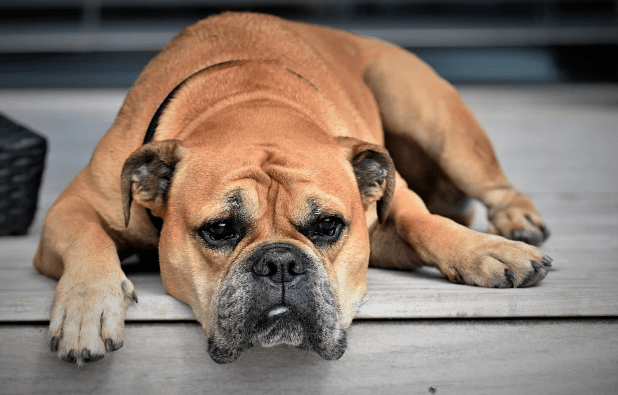
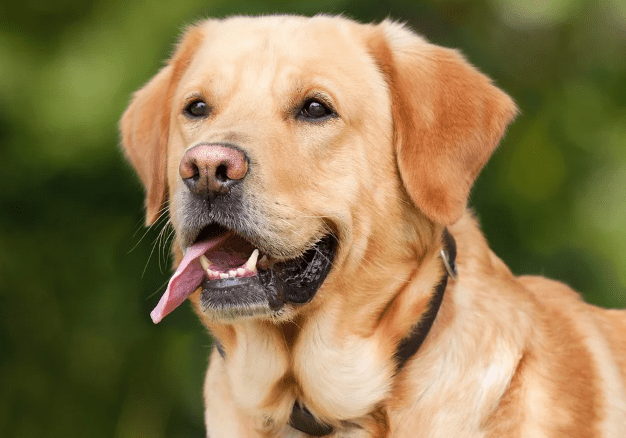
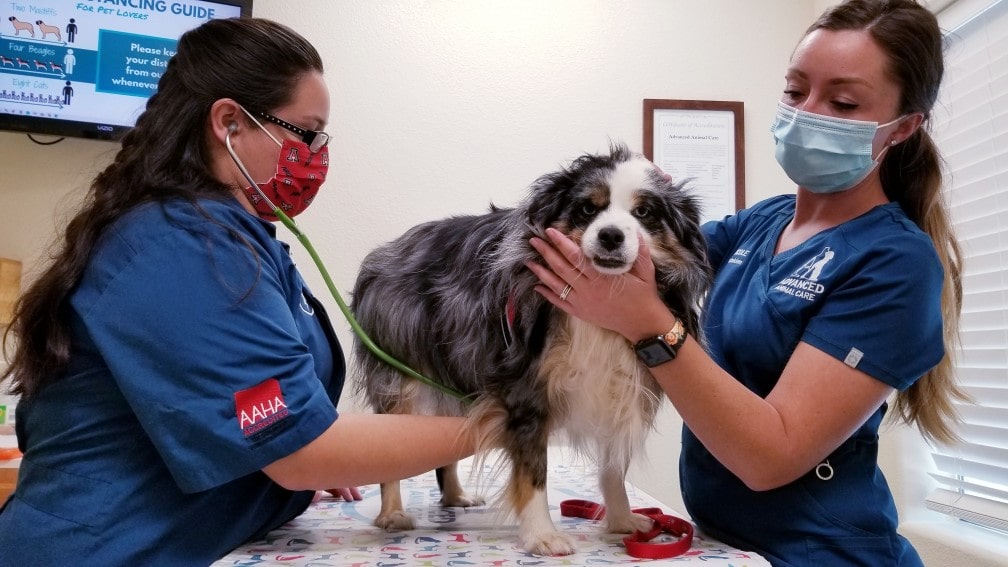
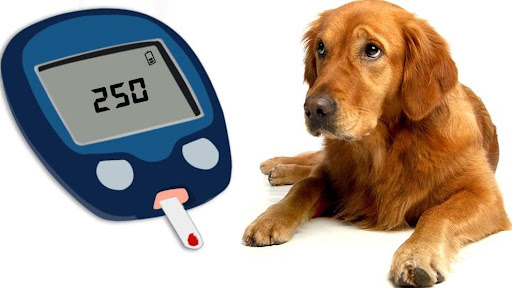

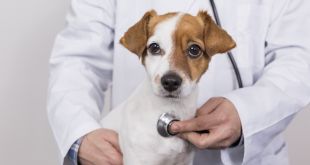












 in Chandigarh, India.
in Chandigarh, India. 
